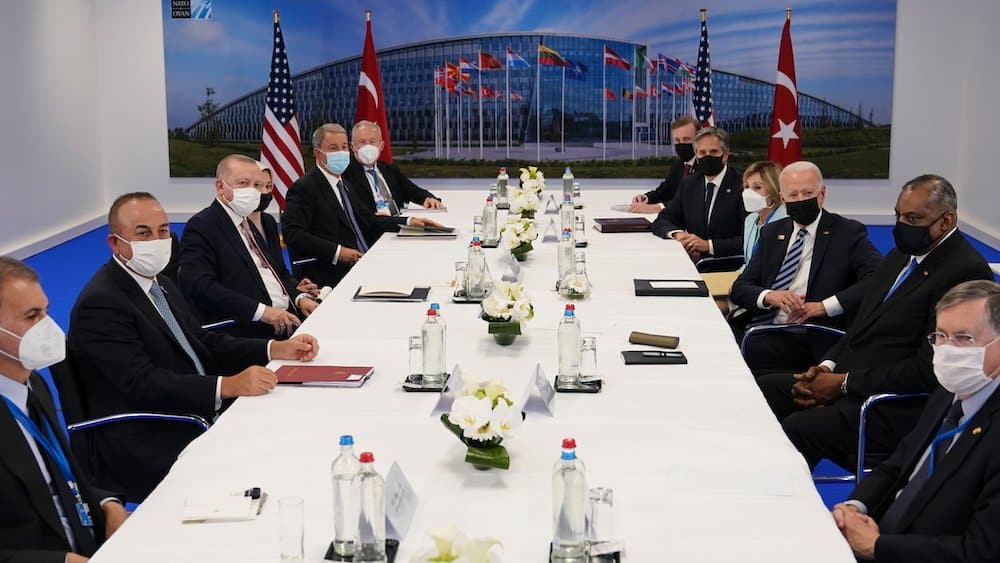The 2021 Brussels summit of the North Atlantic Treaty Organisation (Nato) was the 31st formal meeting of the heads of state and heads of government of the North Atlantic Treaty Organisation, held in Belgium yesterday (14 June).
The leading topic of discussion was China posing a constant security challenge and working to undermine global order as Nato leaders said they’re worried about how fast the Chinese are developing nuclear missiles. According to a summit statement, the leaders said that China’s goals and assertive behaviour present systemic challenges to the rules-based international order and to areas relevant to alliance security.
While the 30 heads of state and government avoided calling China a rival, they expressed concern about what they said were its coercive policies, the opaque ways it is modernising its armed forces and its use of disinformation. They called on Beijing to uphold its international commitments and to act responsibly in the international system.
The statement comes as President Joe Biden has stepped up his effort to rally allies to speak in a more unified voice about China’s human rights record, its trade practices and its military’s increasingly assertive behavior that has unnerved US allies in the Pacific.
Biden, who arrived at the summit after three days of consulting with Group of Seven allies in England, pushed for the G-7 communique there that called out what it said were forced labour practices and other human rights violations impacting Uyghur Muslims and other ethnic minorities in the western Xinjiang province. The president said he was satisfied with the communique, although differences remain among the allies about how forcefully to criticise Beijing. The new Brussels communique states plainly that the Nato nations will engage China with a view to defending the security interests of the alliance.
The Chinese Embassy issued a statement to the UK on Monday saying the G-7 communique deliberately slandered China and arbitrarily interfered in China’s internal affairs, and exposed the sinister intentions of a few countries, such as the US. There was no immediate reaction from the Chinese government to the new Nato statement.
Shortly after arriving at the alliance’s headquarters for the first Nato summit of his presidency, Biden sat down with Nato Secretary General Jens Stoltenberg and underscored the US commitment to Article 5 of the alliance charter, which spells out that an attack on one member is an attack on all and is to be met with a collective response. Biden said: “Article 5 we take as a sacred obligation. I want Nato to know America is there.”
“We are meeting at the pivotal time for our alliance, the time of growing geopolitical competition, regional instability, terrorism, cyber attacks and climate change,” Stoltenberg said at the start of a joint session of the Nato leaders. “No nation and no continent can deal with these challenges alone. But Europe and North America are not alone.”
Biden’s itinerary in Europe has been shaped so that he would first gather with G-7 leaders and then with Nato allies in Brussels before his much-anticipated meeting with Russian President Vladimir Putin in Geneva on Wednesday and with both summits, Biden aimed to consult European allies on efforts to counter provocative actions by China and Russia.
Biden will meet later on Monday with Turkey’s president, Erdogan, on the summit sidelines.





